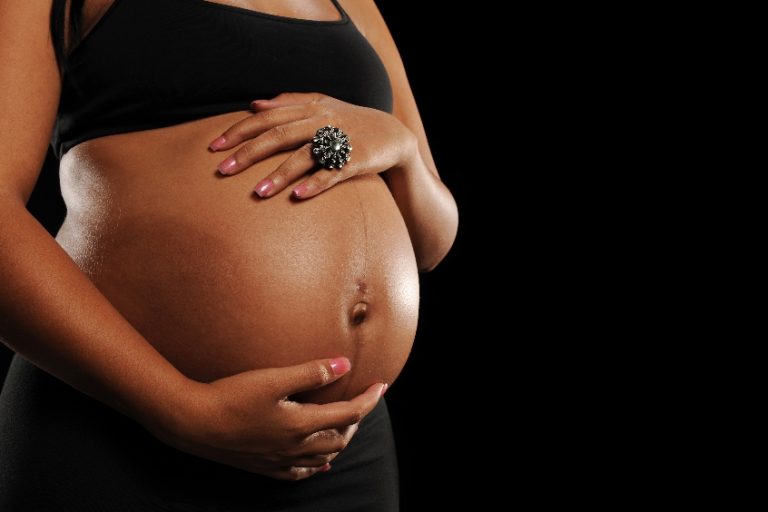A cross-section of men in the Federal Capital Territory (FCT), have shared their experiences on how they coped with the hormonal changes in their wives during pregnancy.
The men spoke in separate interviews on Sunday in Abuja.
Women experience significant hormonal changes during pregnancy to support the growth and development of the fetus and also to prepare the body for childbirth and motherhood.
These changes can lead to various physical and emotional symptoms, such as mood swings, fatigue, morning sickness, weight gain, skin changes and unusual cravings.
The men, however, said that these changes did not only affect the mother and child but also affected the people around them.
A father and resident of Karu, Mr Eunan Ubor said the experience was an uneasy one for his family but they were able to cope with the behavioural changes in his pregnant wife.
He said that he had no option but to tolerate his wife’s anger as well as cope with her new likes and dislikes and always listened to her fears and anxiety during the period.
According to him, my wife’s life changed and so did mine; we both had to adjust to the situation that came with the pregnancy at the different stages.
“I had to hide my perfumes and deodorants because it irritated her and started using a particular soap that she liked, so she would not vomit.”
Ubor said that due to the high blood pressure his wife had during the pregnancy, which took them in and out of the hospital, he had to reschedule his closing time at work, to return to his pregnant wife.
This, he explained, was the routine for both of them until she delivered her baby.
He also said that his wife had a series of weird nightmares and the fear of giving birth, which kept him awake and praying most nights.
“I had to bear with her and gave her all the support needed during the period, as we waited for the joy that comes after the pains.
“I salute women for all they have to go through to give birth; God has given them grace and all that men need to do, is to support them during this period,” Ubor said.
Similarly, another father, Mr Leonard Ogbiabor said he has two children and the pregnancy journeys with his wife were worthwhile experiences.
Ogbiabor said that during his wife’s first pregnancy, she had a weird likeness for naturally offensive smells.
He said that she liked the smell of gutter and turned away from food because her taste buds changed, which made her crave foods, different from what she normally liked.
“She began to develop mood swings; most times, she got angry with no provocation, the harmless jokes I make with her became offensive and this drained me too.
“She also became very weak and could barely take her bath without help; I had to do the house chores myself and still go to work.
”In fact, I had to adjust to a lot of things at that period,” he said.
Ogbiabor also said that although the period was a challenging one he never blamed his wife for her actions at that time but did his best to support her patiently.
He described his experience as a beautiful one that ended with jubilation, which he added, prepared him for fatherly responsibilities and made him more prayerful.
However, a father of four, Mr Steven Abah said he was lucky to have his wife’s pregnancies come with no challenges.
He said that the change in his wife during her pregnancies was not much and not demanding.
“She did not request for much but I made sure she ate good foods as well as fruits and plenty of water.”
Abah said that most times, his wife had issues trying to sleep after turning to several positions but he always assisted her to get comfort.
He emphasised that hormonal changes in his wife during pregnancy varied for each of their children but none was stressful and mentally exhausting.
NAN


